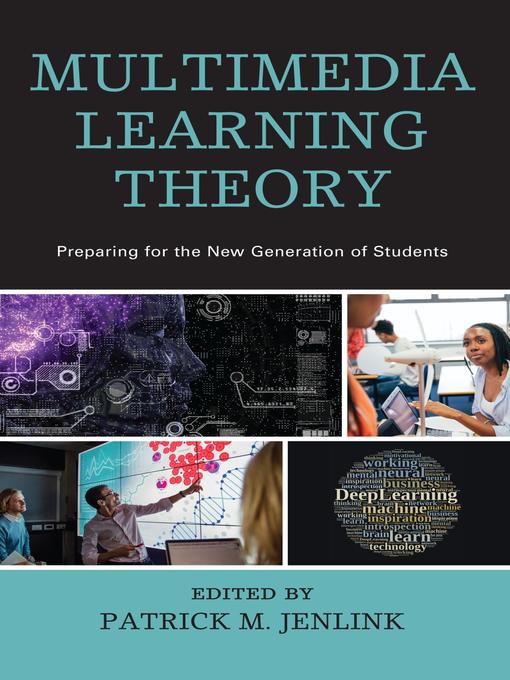- Biography & Memoir
- Business & Finance
- Computer Technology
- Education
- Mathematics
- Medical & Nursing
- Psychology
- Social Sciences
- Live your best life
- Computer Programming
- Religion & Biblical Studies
- See all
-
Description
-
Details

Kindle Book
- Release date: May 17, 2019
OverDrive Read
- ISBN: 9781610488501
- Release date: May 17, 2019
EPUB ebook
- ISBN: 9781610488501
- File size: 825 KB
- Release date: May 17, 2019
Formats
Kindle Book
OverDrive Read
EPUB ebook
subjects
Languages
English

-
Details
Publisher:
Rowman & Littlefield Publishers
Kindle Book
Release date: May 17, 2019
OverDrive Read
ISBN: 9781610488501
Release date: May 17, 2019
EPUB ebook
ISBN: 9781610488501
File size: 825 KB
Release date: May 17, 2019
-
Creators
- Patrick M. Jenlink - Editor
-
Formats
Kindle Book
OverDrive Read
EPUB ebook
-
Languages
English
Why is availability limited?
×Availability can change throughout the month based on the library's budget. You can still place a hold on the title, and your hold will be automatically filled as soon as the title is available again.
The Kindle Book format for this title is not supported on:
×Read-along ebook
×The OverDrive Read format of this ebook has professional narration that plays while you read in your browser. Learn more here.
